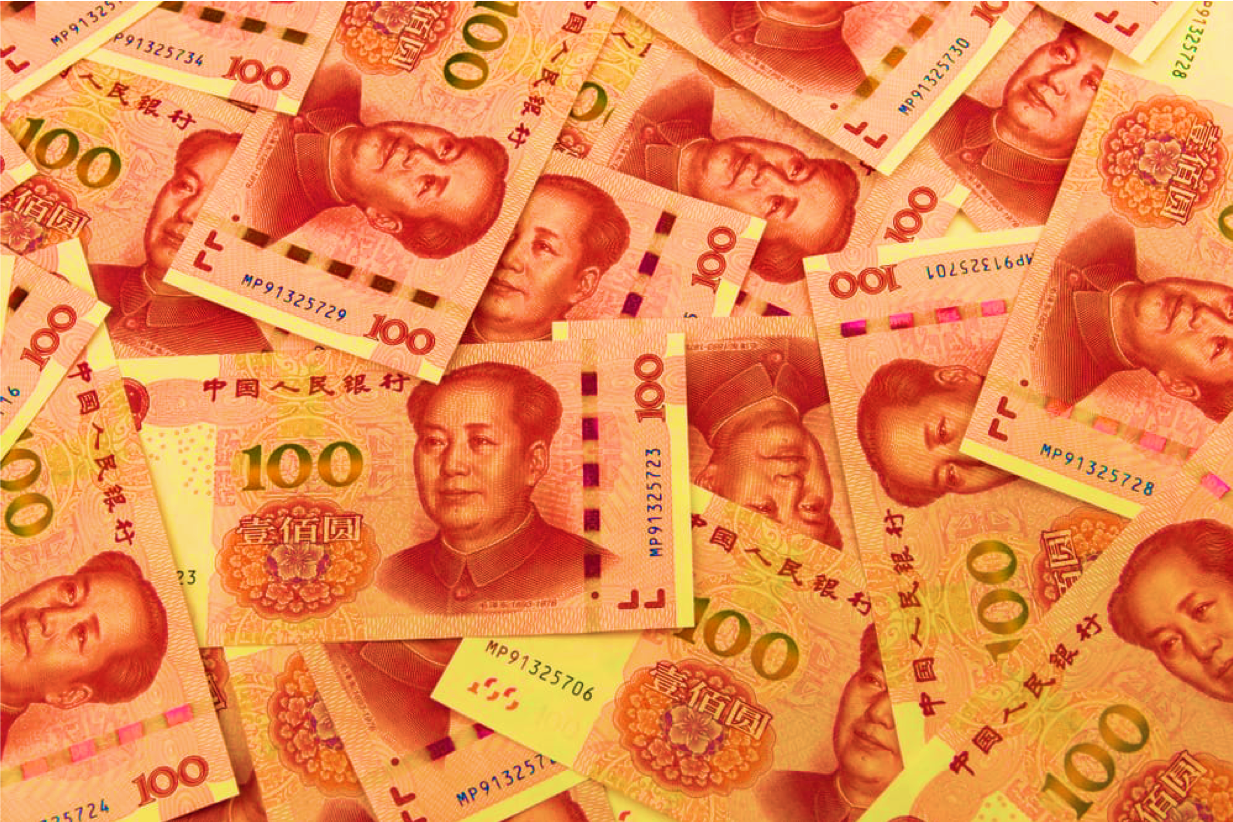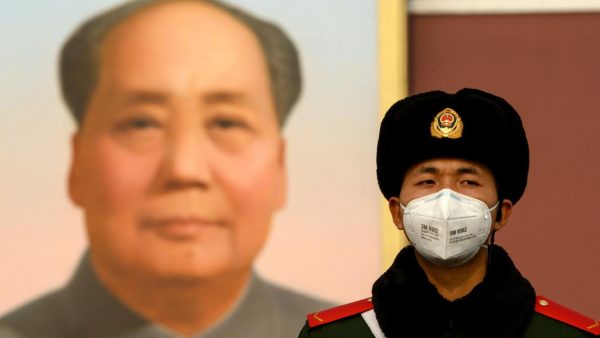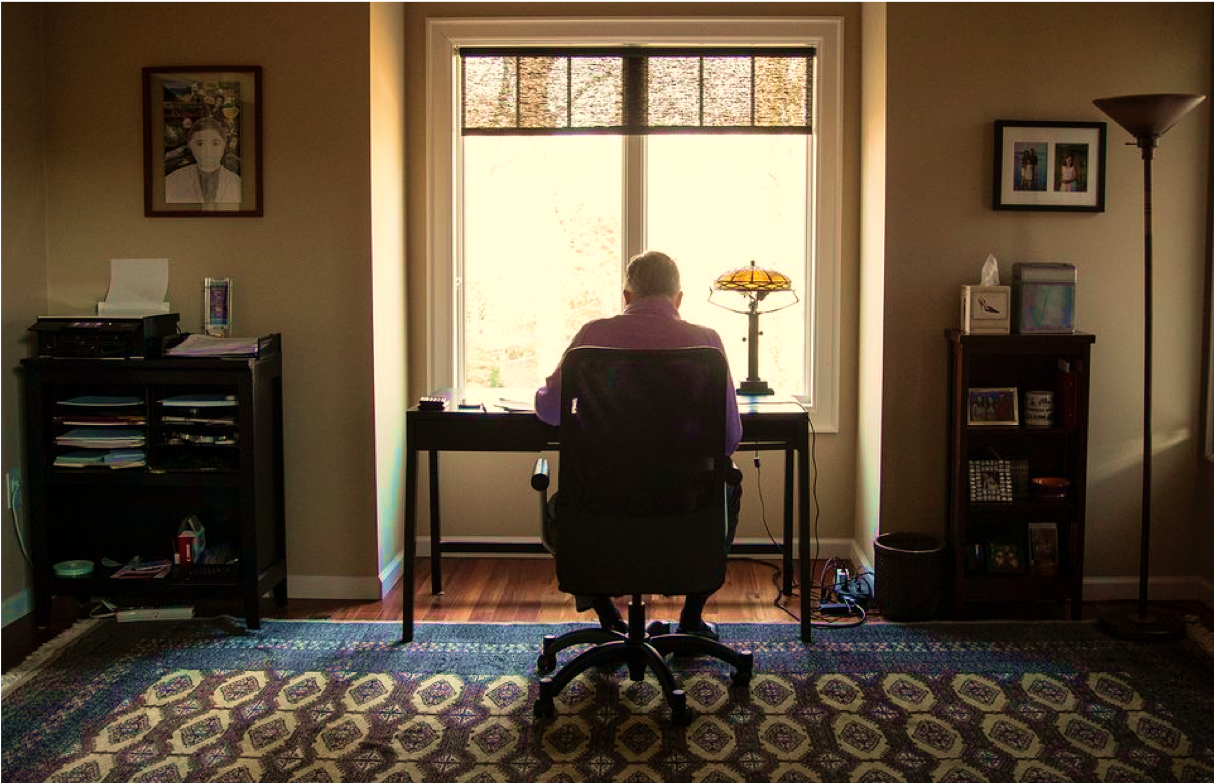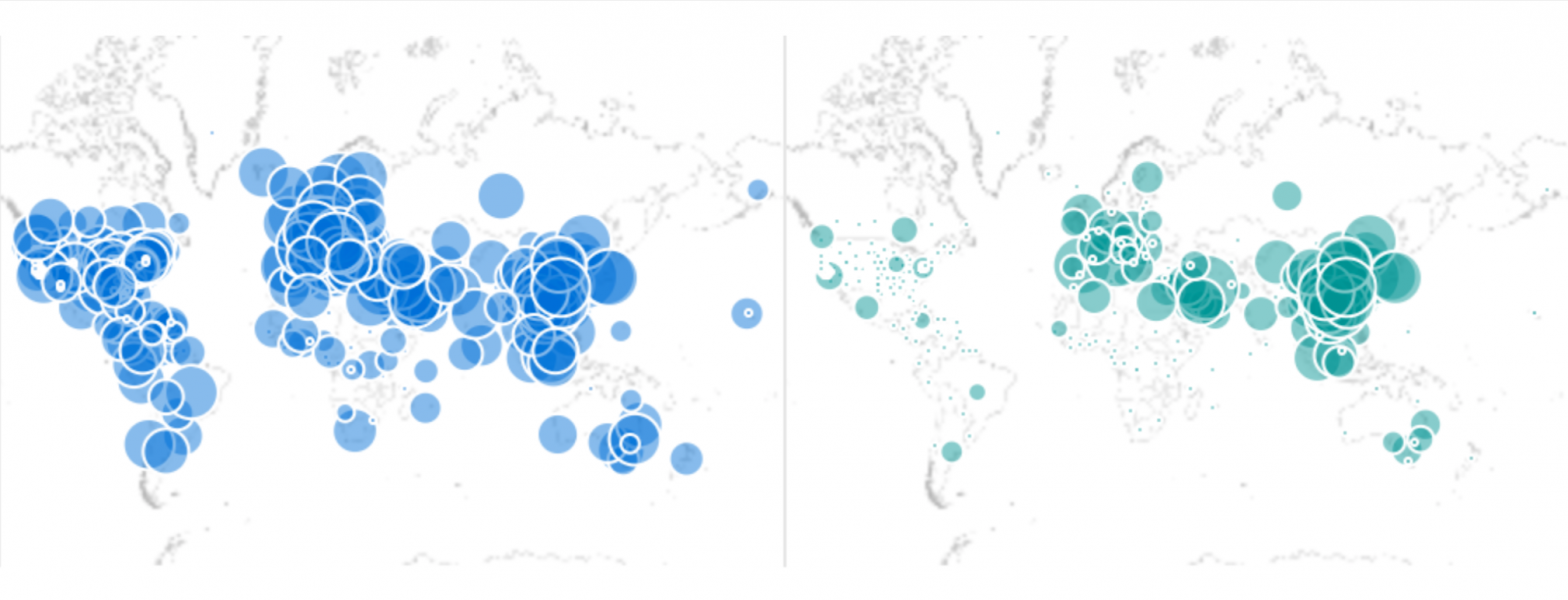The decisive move will show the CPC we mean business.
Make America Autarkic Again
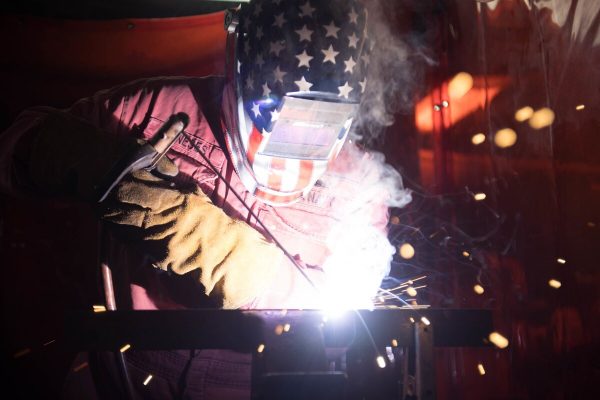
Domestic supply chains, not global ones, will save us.
The past year has seen America’s industrial and consumer supply chains threatened by two critical events: the rise of Huawei as a Chinese state-backed telecoms giant, and the outbreak of the coronavirus (also originating in China). These two threats have laid bare the unsettling fact that the American economy has become so heavily globalized that we are unable to ensure consistent and safe supply of everything from pharmaceuticals to consumer electronics.
For decades Americans have enjoyed access to cheap goods, due in large part to the fact that we’ve outsourced our industrial and supply capacity to cheap, overseas markets like China and Vietnam. The free traders, roosting in their D.C. think tanks and on Wall Street, worry that the U.S.-China trade war is uprooting our supply chains and that Huawei (shown to have deep connections to the Chinese intelligence apparatus) is only a theoretical threat. They tell us that we must come to terms with China’s rise, that there is no other way. But what if there was?
My critics will more than likely dismiss this idea either insane or reckless. But throughout the late 19th and 20th century, it was a policy that led to prosperity and self-sufficiency. I’m talking about autarky. In our over-globalized world, a policy of total autarky is infeasible. But a degree of autarky should be recognized as self-evidently in America’s national interest.
Autarky, for those unfamiliar, was an economic and industrial policy of self-reliance wherein a nation need not rely on international trade for its economic survival. This is not to say that said nation rejected international trade or isolated itself from the global economic order, rather that it merely could survive on its own if necessary.
Though it has a long history, the concept of autarky saw a flourishing in the 18th, 19th, and 20th centuries. In the early days of the American republic, Alexander Hamilton advocated for a limited measure of autarky. Hamiltonian autarky—or industrial self-reliance—aimed to protect weak American industries from foreign manipulation by the likes Great Britain and France. Today, we must look to protect what remains of American industry from the manipulations of state-backed industrial sectors in China.
Other proponents of industrial self-reliance ranged from European left-syndicalists to the interwar fascist governments in Italy, Spain, and Portugal. In this regard, French philosopher Georges Sorel proved profoundly influential.
While some might try to paint industrial self-reliance as an idea rooted in contemporary leftist (though not liberal) thought, there remains a great tradition of autarky in Hamiltonian conservatism and the Prussian economics of the German-American Friedrich List, among others.
When Hamilton said, “Industry is increased, commodities are multiplied, agriculture and manufacturers flourish: and herein consists the true wealth and prosperity of a state” he certainly wasn’t advocating for the United States to become economically reliant on foreign powers. Rather, he was envisioning a strong and independent nation that could stand on its own in the world.
The Threat is Real
For the most part, one would assume that the United States could easily adopt some degree of autarky, and maybe so. However, recent events suggest otherwise.
The FDA has expressed serious concerns that the outbreak of the coronavirus threatens U.S. pharmaceutical supply chains—as a great deal of our drugs are manufactured not in America but in China. The U.S.-China Economic and Security Review Commission’s 2019 report, submitted to congress, warned that China had become the world’s largest pharmaceutical ingredient producer and, with state backing, was looking to accelerate the growth of its pharmaceutical industry as a part of its current 13-Year Plan. Most disturbingly, the report notes:
As a result of U.S. dependence on Chinese supply and the lack of effective health and safety regulation of Chinese producers, the American public, including its armed forces, are at risk of exposure to contaminated and dangerous medicines. Should Beijing opt to use U.S. dependence on China as an economic weapon and cut supplies of critical drugs, it would have a serious effect on the health of U.S. consumers.
The FDA, in a similar report to Congress, has laid out a plan for the U.S. to achieve some level of independence from China when it comes to pharmaceutical manufacturing and production:
…FDA believes that advanced manufacturing technologies could enable U.S.-based pharmaceutical manufacturing to regain its competitiveness with China and other foreign countries, and potentially ensure a stable supply of drugs critical to the health of U.S. patients. Advanced manufacturing is a collective term for new medical product manufacturing technologies that can improve drug quality, address shortages of medicines, and speed time-to-market.
We’ve seen, albeit most likely temporary, adoptions of autarky in response to the coronavirus already. New York state has begun the manufacture of its own hand sanitizer, as it is cheaper than purchasing it via the global economy.
The New York Post editorial board rightly ran an editorial calling for the restoration of pharmaceutical manufacturing in Puerto Rico—once the backbone of the American drug industry. The editorial, I suspect much to the chagrin of free traders, puts it bluntly:
About 90 percent of the active ingredients (manufactured “precursors”) used by US drugmakers now come from China. With that country’s factories largely shut down by the outbreak, America’s pharmaceutical supplies are at risk even as the virus hits here. The Food and Drug Administration fears a shortage of widely used generic drugs.
Moving to ensure some domestic capacity for future crises is a no-brainer. And boosting Puerto Rico, now struggling with a debt crisis plus hurricane and earthquake damage, should be one, too.
Besides the threat of global supply chain shutdowns because of disease outbreaks like coronavirus, there is the grave concern that the equipment and products we are purchasing from overseas could be used against us in both peacetime and times of war.
As China’s telecom giant, Huawei is without a doubt an instrument of the Chinese political and military state. Huawei employees have been linked to Chinese military and intelligence agencies. Huawei’s Silicon Valley office has been credibly accused of stealing trade secrets from the American technology company Cisco Systems.
Even more concerning is that U.S. allies like Great Britain appear to be set on moving forward with the use of Huawei technology, threatening our mutual intelligence and security agreements. And this dangerous behavior isn’t just limited to Huawei. Chinese companies have routinely engaged in intellectual property theft and other illegal tactics—both to gain a competitive edge and to undermine U.S. interests.
Taking Back the Reins
But pursuing autarky among the pharmaceutical industry and technology sectors is just a small—albeit critical—part of what should be a greater pursuit of American economic self-reliance. Coupled with the adoption of sound industrial policy, like that advocated by Oren Cass and Senator Marco Rubio, autarky could help foster a burgeoning policy of social corporatism in America—returning us to an era of self-reliance and industrial strength.
In his most recent piece, Cass notes that sound industrial policy has allowed nations like Germany and Japan to retain strong manufacturing sectors. Cass also emphasizes the pivotal importance of manufacturing, not just for the economy, but for American communities:
When communities lose manufacturing—which is not the only form of tradeable production, but certainly the primary one—they begin to “export need.” You see this across America, in the dilapidated shopping centers that still have sparkling occupational therapy offices. They are literally the exporters for those towns, exporting to the nation’s taxpayers the care of local residents on disability. That’s how the community attracts resources. This might look fine in the aggregate consumption data, but we should not consider such outcomes equal, or acceptable.
Finally, manufacturing is unique for the complexity of its supply chains and the interaction between innovation and production. One of the most infuriating face-palms of modern economics is the two-step that goes like this: First, wave away concern as other countries with aggressive industrial policies…attract our critical supply chains overseas, explaining that it doesn’t matter where things get made. Second, wait for people to ask “why can’t we make this or that here,” and explain that of course we can’t because all of the supply chains and expertise are entrenched elsewhere. It’s enough to make one slam one’s head into the podium.
It should be also noted that to varying degrees these countries have at times—though perhaps not permanently—implemented autarky.
Critics, namely neoliberal internationalists and free-trade libertarians, will assuredly wail and gnash their teeth about the bounty of cheap consumer goods we have “won” from free trade, but to that I would caution: The United States risks becoming its own special category of the “sick man”—an obese has-been that sinks into a recliner and stuffs its face with cheap consumer goods provided by its global rivals, looking back woefully on its glory days. But it is not yet too late.
We can still set forth on a bold new path. Yes, it will require a retooling of how we view the world and ourselves, and the adoption of old ideas for a new future. But there is hope. Through sound industrial policy, through government research and development aimed at once again sparking innovation, and through degrees of autarky, we can wrest our global supply chains from the grips of our global competitors and reignite America’s industrial capacity for the 21st Century.
The American Mind presents a range of perspectives. Views are writers’ own and do not necessarily represent those of The Claremont Institute.
The American Mind is a publication of the Claremont Institute, a non-profit 501(c)(3) organization, dedicated to restoring the principles of the American Founding to their rightful, preeminent authority in our national life. Interested in supporting our work? Gifts to the Claremont Institute are tax-deductible.
In wars, men die.
For the first time in centuries, we’re bringing it all back home.
Facing up to the failed state of America's mandarin class
Don’t let the Left use your panic for their gain.
We blew it. Normies are paying a heavy price.

